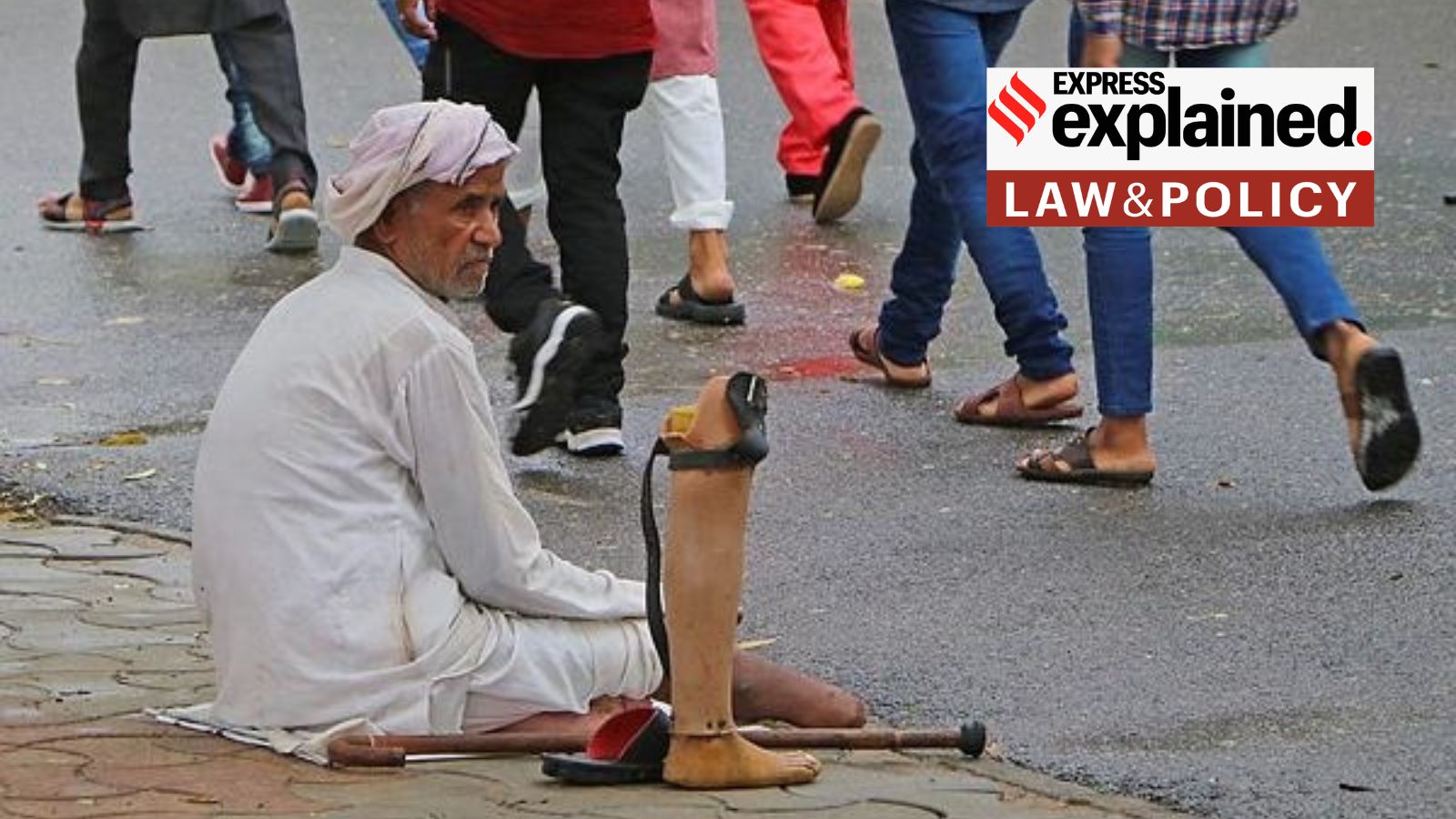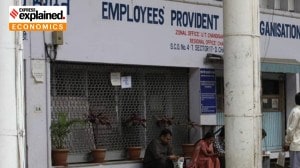After Indore, now Bhopal too has prohibited begging across all public places, including giving alms.
The criminalisation of begging has been a contentious issue in many parts of the country with some states having stringent laws, often criticised for being ‘anti-poor’ and mandated in the place of rehabilitation-centric interventions.
The orders by the collectors of the two districts in Madhya Pradesh are under section 163 of the Bharatiya Nagarik Suraksha Sanhita (BNSS), 2023. This law gives officials including the district magistrate, sub-divisional magistrate or any other executive magistrate, the power to issue an order in urgent cases of ‘nuisance or apprehended danger’.
The order can direct any person from abstaining from a certain act. It may apply to persons residing in a particular place or area, or the public generally frequenting or visiting a particular place or area.
The orders state that action will be taken under section 223 of the Bharatiya Nyaya Sanhita (BNS). The section punishes those disobeying an order announced by a public servant, who is lawfully empowered to do so. If an order under the section is not obeyed, the person can be punished with simple imprisonment for a term up to six months, fine up to Rs 2500, or both. If the disobedience of the order causes or tends to cause danger to human life, health or safety, imprisonment can be extended to one year and the fine to Rs 5000.
Section 163 BNSS, however, also says that an order under the section shall remain in force for not more than two months, provided the state government considers it necessary that the order remain in force for a period not exceeding six months. Orders under the section-erstwhile section 144 of the Criminal Procedure Code are extended periodically if required by issuing fresh orders.
Story continues below this ad
Is begging termed illegal anywhere else?
The first law against begging was the Bombay Prevention of Beggary Act, 1959. Its roots were colonial, when there were laws against ‘vagrants’, in various provinces, including the Bengal Vagrancy Act, 1943 and the Cochin Vagrancy Act, 1945.
In 1959, in then Bombay, an Act was formulated to keep the streets clear of destitute persons, leprosy patients or those with mental illnesses so that they could be sent into institutions. Section 10 of the Act, for instance, gives a chief commissioner powers to order the detention of ‘incurably helpless beggars’. Under this provision, any person detained in a certified institution, is considered ‘to be blind, a cripple or otherwise incurably helpless’, and can be ordered to be detained ‘indefinitely’.
Mumbai continues to have detention centres for those picked up by the police on suspicion of being beggars. Under the Act, the police can pick up those without any visible means of subsistence, which leads to many homeless being regularly detained. The punishment under the Act extends to detention for 10 years.
In 2018, the Delhi High Court struck down some sections of the Act as unconstitutional, decriminalising begging. It was the first in the country to strike down provisions of the Act, including permitting authorities to arrest any person without a warrant who is found begging.
Story continues below this ad
“People beg on the streets not because they wish to, but because they need to. Begging is their last resort to subsistence, they have no other means to survive…The government has the mandate to provide social security for everyone, to ensure that all citizens have basic facilities, and the presence of beggars is evidence that the state has not managed to provide these to all its citizens,” the High Court bench of Acting Chief Justice Gita Mittal and Justice C Hari Shankar said.
The court did not strike down provisions which deal with other ancillary provisions, where begging is still an offence. These include section 11, which deals with penalty for employing or causing persons to beg.
Many states including Maharashtra continue to criminalise begging under the Act. There is no central Act on begging in the country but many states have enacted their own laws, most of them based on the 1959 Act.
How has the central government, other states dealt with begging?
In 2018, when the Delhi High Court struck down some sections and decriminalised begging, activists working in this field said that the Act should be reconsidered entirely. While authorities say that the Act is needed to address forced begging or ‘begging rackets’, activists say that it can be addressed in existing provisions, like laws against trafficking.
Story continues below this ad
Another attempt at repealing the Act and focusing on other social security measures was through the introduction of The Persons in Destitution (Protection, Care and Rehabilitation) Model Bill, 2016. Its provisions included doing away with the Beggary Act and focusing on setting up rehabilitation centres for destitute persons in each district. While some of its provisions continued to allow detention and the involvement of the police, discussion on the Bill after a pre-legislative consultation in 2016 came to a halt.
Many states have announced policies to make cities ‘begging-free’. In 2020, the Union Ministry of Social Justice and Empowerment proposed to make ten cities including Mumbai part of its campaign to focus on rehabilitation rather than criminalising begging. The Act, however, still remains in place.
The Mental Healthcare Act, 2017, had some provisions on caring for detainees with mental illness who are homeless or found wandering in the community.








































